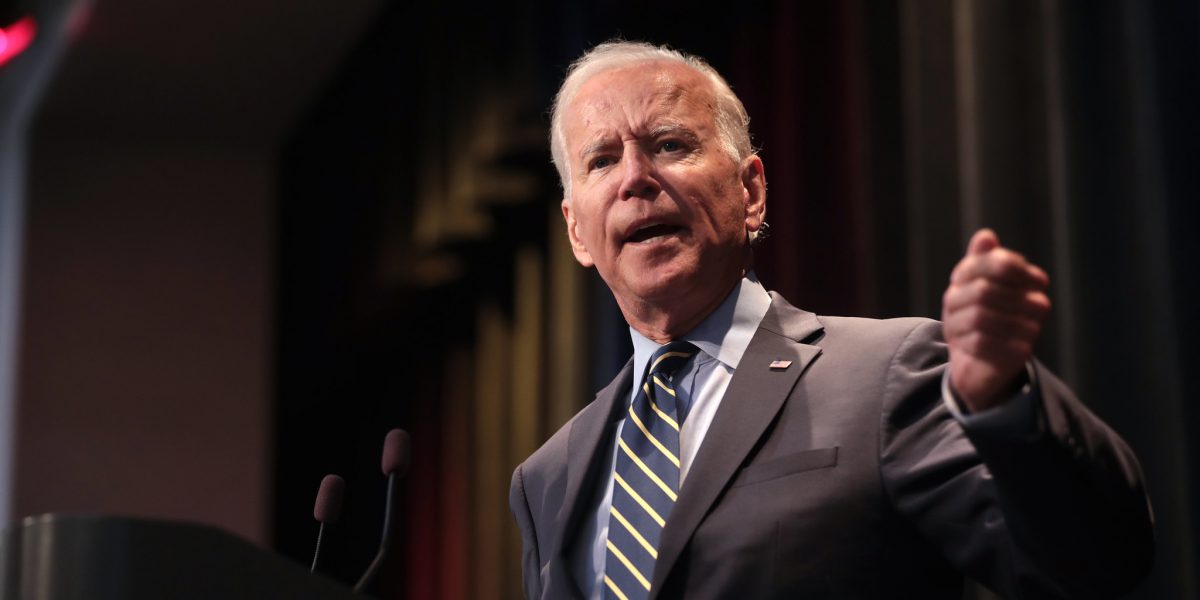First 100 Days: How Have Refugees Fared Under the Biden Administration?
29 April 2021

This year ushered in a new Congress and Administration and raised questions about the future of US policy as it relates to refugees and those seeking protection from persecution, conflict, and violence, among other things. Here are four key takeaways on refugee policy from the first 100 days President Biden has been in office:
1. The Muslim Ban is gone:
Hours after taking the oath of office, President Biden signed a number of Executive Actions including the reversal of the travel ban on Muslim-majority countries which had impacted refugees living in affected countries who sought resettlement in the United States. Initially introduced in January 2017, the travel ban had started a wave of anti-immigrant and anti-refugee sentiment and went through a series of court challenges.
2. Some efforts by the last administration to block asylum have been reversed:
His second day in office, President Biden addressed another Trump-era policy, the Migrant Protection Protocols (MPP), when the Department of Homeland Security announced they were suspending new enrollments in the MPP program, also known as the “Remain in Mexico” policy. The Administration has since begun a phased strategy for the entry of those registered in the MPP program and nearly 4,000 people have been processed to-date. Additionally, in early February, President Biden signed another series of Executive Orders that began the process of restoring and rebuilding the US refugee and asylum systems, especially for those displaced within our own hemisphere. These included establishing a task force to reunify families separated at the US-Mexico border, ordering a review of Title 42, a policy resulting in the closure of US borders to asylum seekers in response to the COVID-19 pandemic, and developing a strategy that addresses the underlying causes of migration across the Western Hemisphere including instability, violence, and economic insecurity.
3. Thousands of people seeking protection are still being turned away and unable to file asylum claims:
Though these policy changes are important, there are about 22,500 people still stranded in Mexico due to MPP waiting for their asylum claims to be heard. And, Title 42 remains in place. While a court challenge in February temporarily halted expulsions of unaccompanied children under Title 42, all other asylum seekers are still prohibited from entering the US. Earlier this month, JRS/USA released a new report Seeking Protection in a Pandemic, which calls on the Biden Administration to repeal Title 42 so that asylum seekers can once again lawfully petition for asylum. The US can take steps now to stop expelling people seeking US humanitarian protection and allow these individuals and families to pursue their asylum claims in safety and without fear.
4. There is still no plan to welcome more refugees into the United States:
Before taking office, President Biden committed to raising the annual refugee admissions goal to 125,000 and in early February he signed an Executive Order re-asserting this commitment. Following consultations with Congress it was reported that the Administration would aim to resettle 62,500 refugees in Fiscal Year 2021, half of the original goal, with the intention of increasing the goal to 125,000 in Fiscal Year 2022. While it was expected that the Administration would move swiftly on this decision, they hesitated to formalize the plan.
In mid-April, President Biden signed a Presidential Determination for US Refugee Admissions that limited the number of refugees accepted into the US to 15,000 this year, an all-time low set by the Trump Administration. Shortly after, the Administration stated that they would take a phased approach to refugee admissions with the intention of announcing a higher figure by mid-May. The lack of clarity and action regarding the US refugee admissions program has been a significant disappointment and devastating for those refugees directly impacted.
…
While refugee and immigrant policy have taken a prominent role in the first 100 days of President Biden’s tenure, JRS/USA will continue to call on his Administration to stand by its commitment to refugee protection. Join us by signing up to receive JRS/USA action alerts and take action on behalf of the forcibly displaced around the world.


